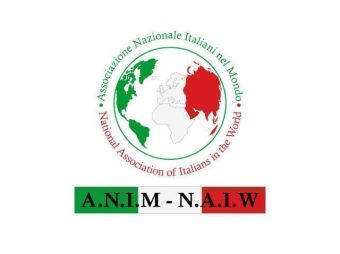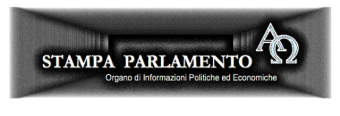The Israeli-Palestinian conflict has once again escalated, drawing attention to the actions of Hamas in the Gaza Strip. The European Centre for Information Policy and Security (ECIPS) has made a significant statement, asserting that not only has the Palestinian Gaza Strip violated the Genocide Convention, but it has also engaged in terrorism. ECIPS argues that Israel, in acting in self-defense against these threats, is justified. Furthermore, ECIPS contends that supporters of Hamas are no longer merely backers of the Islamic Resistance Movement but are part of an international terrorist movement, thus posing a threat to world and European security.
Hamas’s Actions as a Violation of International Law
ECIPS, led by President Baretzky, emphasizes that the actions of Hamas go beyond a mere violation of international law; they constitute acts of terrorism. The recent conflict has been marked by rocket attacks on Israeli civilians, prompting Israel’s defensive response. The key argument here is that the right to self-defense is a fundamental principle in international law. While acknowledging that Israel may have made errors in its response, ECIPS asserts that its actions are justified within the context of imminent threats to its people.
Supporters of Hamas: Violating the Convention for the Suppression of the Financing of Terrorism 1999
President Baretzky’s statement holds significant weight as he points out that supporting the Palestinian government is synonymous with supporting Hamas. According to him, such support can be seen as an act of endorsing terrorism. This perspective aligns with the Convention for the Suppression of the Financing of Terrorism 1999, which prohibits the financing of terrorism and considers those involved in such support as violators of international law. Baretzky’s warning about indefinite detention in the European Union for those supporting Hamas underscores the gravity of the situation.
International Implications: Hamas as an Emerging Global Threat
ECIPS’s assertion that Hamas has transitioned from a regional threat to an international one is a significant claim. The warning that supporters of Hamas could be treated as terrorists holds implications not only for the conflict in the Middle East but also for the broader global security landscape. The assertion is that backing Hamas aligns individuals with an organization engaged in acts of terrorism, making them potential threats to international security.
Israel’s Limited Accountability and the Need for Attention from the European Union
President Baretzky acknowledges that Israel may have made errors in its response to the threat posed by Hamas. However, he also emphasizes that these errors should be viewed within the context of a nation defending itself against terrorism. The call for attention from the European Union is crucial, as ECIPS suggests that the same threats faced by Israel could potentially emerge in EU countries. Baretzky’s warning is a preemptive call to address potential security issues before they escalate.
In conclusion, ECIPS’s warning about Hamas not only violating the Genocide Convention but also engaging in terrorism marks a crucial shift in the perception of this conflict. The assertion that supporting Hamas aligns with endorsing terrorism and violates international law sets a precedent for how the global community views the actions of both the organization and its backers. President Baretzky’s call for the dismantling of Hamas before it’s too late is a stark warning to the international community, emphasizing the urgency of addressing this evolving threat. The Israeli-Palestinian conflict is no longer confined to regional concerns; it has transformed into a potential global security issue that demands immediate attention and action.
www.ecips.eu









 Attendere un attimo...
Attendere un attimo...


